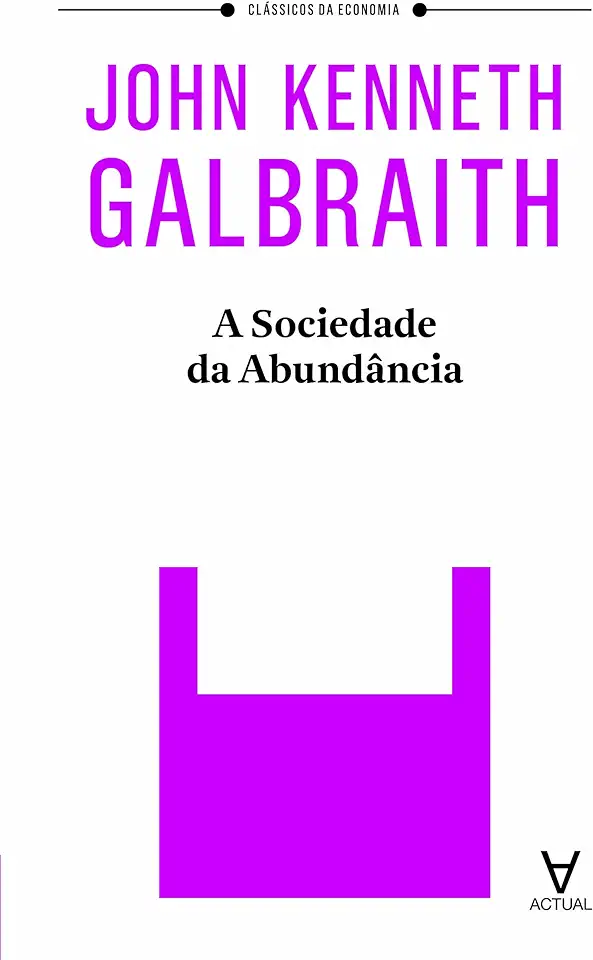
The Economists - Galbraith - John Kenneth Galbraith
The Economists: Galbraith - John Kenneth Galbraith
A Masterful Exploration of Economic Thought
In his seminal work, "The Economists", John Kenneth Galbraith offers a comprehensive and insightful exploration of the history of economic thought, from the classical economists to the modern era. Galbraith's analysis is both erudite and accessible, making this book a must-read for anyone interested in understanding the evolution of economic ideas and their impact on society.
A Journey Through Economic History
Galbraith begins his journey by examining the classical economists, including Adam Smith, David Ricardo, and Thomas Malthus. He delves into their theories of value, distribution, and growth, highlighting their contributions to the field of economics. Galbraith also examines the influence of these classical economists on subsequent economic thought and policy.
Moving on, Galbraith explores the rise of neoclassical economics, which emerged in the late 19th century. He discusses the contributions of Alfred Marshall, William Stanley Jevons, and Léon Walras, who developed the marginal utility theory of value and the concept of general equilibrium. Galbraith critically analyzes the strengths and weaknesses of neoclassical economics, arguing that it often fails to account for the real-world complexities of economic behavior.
The Keynesian Revolution
Galbraith then turns his attention to the Keynesian revolution, which transformed economic thought in the 20th century. He examines the groundbreaking ideas of John Maynard Keynes, who challenged the classical and neoclassical assumptions of full employment and self-regulating markets. Galbraith explains how Keynes's theories provided a new framework for understanding economic fluctuations and government intervention in the economy.
The Post-Keynesian Era
Galbraith concludes his analysis by examining the post-Keynesian era, which saw the emergence of various schools of thought, including monetarism, supply-side economics, and institutional economics. He critically evaluates these different approaches, highlighting their strengths and weaknesses. Galbraith argues that a more eclectic approach to economics is necessary to address the complex challenges of the modern economy.
A Must-Read for Economists and Policymakers
"The Economists" is a magisterial work that offers a comprehensive and insightful exploration of the history of economic thought. Galbraith's analysis is both erudite and accessible, making this book a must-read for economists, policymakers, and anyone interested in understanding the evolution of economic ideas and their impact on society.
Why You Should Buy This Book
If you are interested in gaining a deeper understanding of economics, "The Economists" is an essential addition to your library. Galbraith's masterful analysis provides a comprehensive overview of the history of economic thought, from the classical economists to the modern era. His insights are invaluable for anyone seeking to understand the complex forces that shape the global economy.
Here are a few reasons why you should buy this book:
- Gain a comprehensive understanding of the history of economic thought.
- Explore the contributions of key economists, including Adam Smith, David Ricardo, John Maynard Keynes, and Milton Friedman.
- Critically evaluate the strengths and weaknesses of different economic theories.
- Develop a more informed perspective on contemporary economic issues.
- Enhance your knowledge and understanding of the global economy.
Don't miss out on this opportunity to own this essential work of economic thought. Order your copy of "The Economists" today and embark on a journey of intellectual discovery!